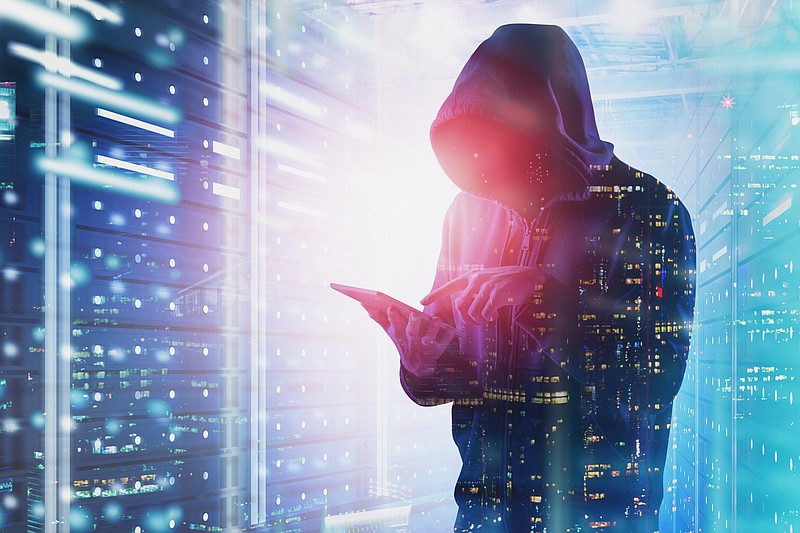Q. As I think of Halloween, Cybersecurity is scary in the context of its challenges. What advice may BBB offer on this subject?
A. October is National Cybersecurity Awareness Month, and the Better Business Bureau is scaring up the latest on cyber security risks and ways to avoid them. Watch out for these spooky dangers lurking in the corners of our everyday digital lives.
They're here. Scary scammers can get to you right through that small screen in your hand – your smartphone. Consumers tend to be less wary in social media channels and scammers are taking shocking advantage of that fact. A scam report based on BBB Scam Tracker (www.bbb.org/scamtracker) data shows that of consumers who said they were exposed to a scam on social media, a whopping 91% engaged with the scammer and 53% of them lost money.
BBB finds Social media platforms are full of suspicious characters, Be especially careful if you spot offers in your social channels that look too good to be true – scammers often lure victims that way.
Hacked "smart" devices could haunt your house. The "Internet of Things" www.staysafeonline.org continues to grow. A wide array of inventive devices connects to the internet from the car, the fridge, baby monitor, doorbell, heating/air conditioner - even window blinds. In exchange for convenience, people are putting trust in all kinds of online smart devices, opening up new threats to security and privacy and creating points of entry for sinister hackers to exploit. Did you hear a strange voice in your house? It could be the voice of a hacker who has taken over one of your internet-connected devices.
Evildoers in disguise are on the prowl. Sneaky phishers can gather information about you and make convincing fake email accounts to pose as your boss, lawyer, realtor, or someone else you trust. Typically, they target people and organizations that may be involved in high-dollar transactions, so the risk of major monetary loss is high, too. It's more important than ever to double-check the identity of your online contact before you transmit payments or provide personal information.
Crypto keepers may ghost you. Highly unregulated and rapidly growing, cryptocurrency markets are rich in treats for tricksters. Cryptocurrency or "crypto" is an online form of payment that can fluctuate in value. Crypto trading platforms can be high-ticket playgrounds for hackers and "pump and dump" schemers who vanish into the night after they take your money. Crypto scams can spread through – you guessed it – social media. In fact, it is the second riskiest scam according to the 2019 BBB Scam Tracker Risk Report.
So what can you do to protect yourself from such ghoulish tricks?
BBB offers these tips:
* In social media, don't be too quick to click on ads that offer improbably good deals. Research companies with BBB.org and other online sources before you buy.
* Secure your smart devices and consider installing anti-malware on your smartphone. Configure and monitor app settings for privacy, encrypt your Wi-Fi, name your router, and keep your software up to date. Ask the manufacturer or seller about smart device set up and vulnerabilities.
* Learn the warning signs of dangerous Business Email Compromise (BEC) at https://www.bbb.org/article/news-releases/20728-is-that-email-really-from-the-boss-a-bbb-study-of-business-email-compromise-scams.
Jim Winsett is president of the Better Business Bureau in Chattanooga
